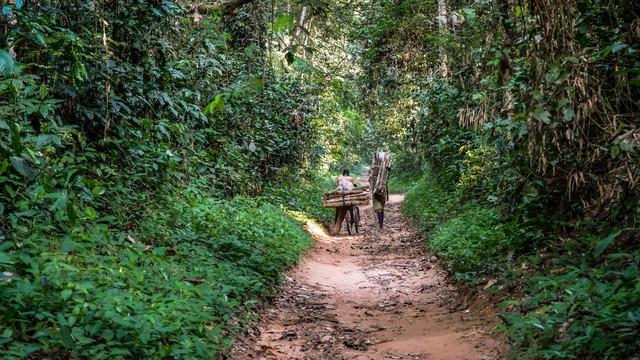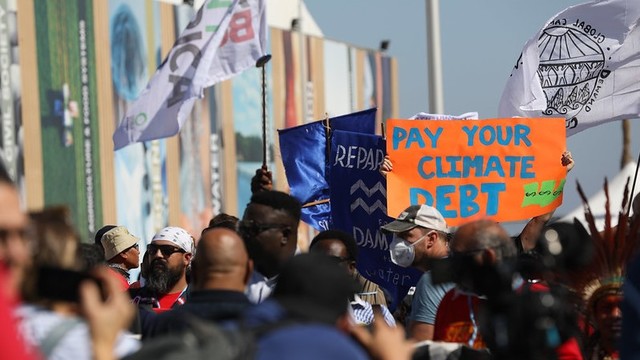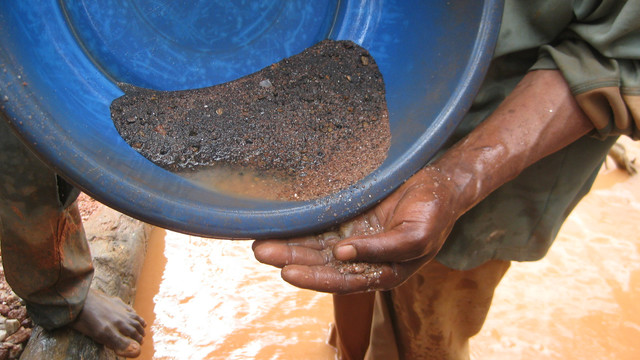
The review, which was published in March 2012, explored the following issues:
- The relevance and impact of the institute's work (including strategic positioning and sustainability of IIED's operating model)
- Institutional structures and governance with a focus on programme "systems" (including monitoring and evaluation, learning, communications and results-based management) and on assessing progress since the last external review (2006-07); and,
- The academic quality and impact of its research.
An overarching theme that guided the reviewers was to examine how IIED was currently positioned in the world of policy institutes, and its potential to continue to play a relevant and leading role in the future.
The review was carried out by Aban Kabraji, regional director, IUCN Asia (Thailand), Melissa Leach, professorial fellow and director of ESRC STEPS Centre, IDS (UK) and Bart Romijn, director of Warner Strategy & Fundraising (the Netherlands).
The three main findings of the review were:
- IIED's areas of strength include its understanding of local community issues and perspectives;
- Its ability to translate local and scientific knowledge into policy advocacy; and
- Its extensive and diverse networks of partners, especially in the South.
There has been substantial and impressive progress in a number of areas since the last external review and the reviewers commended us for those achievements stating that IIED was in the top percentile on any scale of organisational performance. The reviewers did, however, note some limitations and areas of weakness.
Currently, IIED is largely absent from global development debates and discourses. It is no longer the "go-to" institution for big, eye-opening ideas in sustainable development. There is considerable support from many stakeholders at all levels for IIED reclaiming this “lost ground” on the global stage by leveraging its intellectual capital and local partnerships/knowledge.
The review team made over 40 recommendations that covered the following areas: governance, relevance and impact of programmes, research quality, monitoring and evaluation, communications, human resources, partnerships, finance and strategic positioning.
Since the review team reported in early 2012, we have made progress in many of these areas. The two examples below describe how we are addressing two specific issues:
- Our institutional positioning, and
- Our plans to improve the way in which we work with our partners.
In 2012, we jointly established the Independent Research Forum, which comprises 12 research organisations. The IRF responds to the need for independent, rigorous and timely expert analysis to inform the evolution of the Post-2015 Development Agenda (post-2015) and the concurrent intergovernmental process on Sustainable Development Goals (SDGs) launched at Rio+20. We see this initiative as contributing to us re-establishing our position on the global stage.
With regard to work on improving the way in which we work with partners and manage our partnerships, we have developed a partner typology that defines the five different partnerships that we are part of. We plan to produce a partner policy which will define more clearly the way in which we work with and support our different partner organisations.
Read an executive summary of the review.



